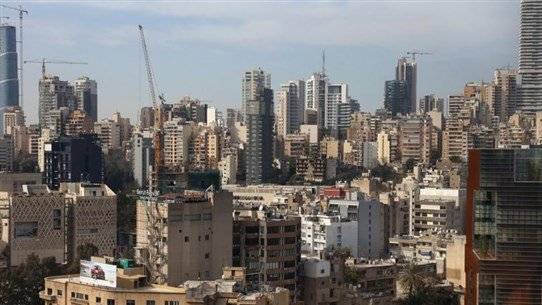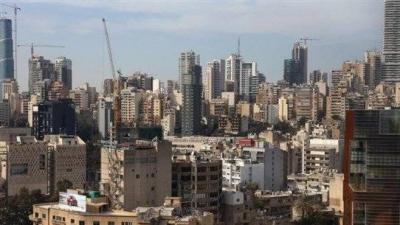The consultative meeting of Arab foreign ministers held in Beirut, along with visits by several of them and the positions expressed, offered a glimmer of hope for the return of Arab relations with Lebanon to their former state, especially in relation to Lebanon's ties with the Gulf Cooperation Council countries. However, this ray of light does not imply that the deep Arab stance toward Lebanon has changed. What is still required is for Lebanon to start the necessary reforms, restore the state's decision-making and sovereignty, and ensure that Lebanon does not remain a launching pad for attacks against Arab countries.
Political sources expressed hope through "Anbaa" electronic that the visit of Secretary-General of the Arab League Ahmed Aboul Gheit and several Arab foreign ministers to Beirut could create a window in the wall of the crisis to end Lebanon's isolation and alienation from its Arab surroundings. However, they did not find that the groundwork had been laid for these relations to return to normal because Hezbollah, which operates under Iranian directives, is unable to provide any guarantees, as it merely executes orders when received.
Member of the Strong Republic bloc, MP Nazih Metti, described the visit of Arab foreign ministers to Beirut in a conversation with "Anbaa" electronic as merely protocol. He stated, "If the Arab countries, specifically the Gulf ones, had restored their relations with Lebanon as they were previously, there would be a hundred ways to reinstate this relationship. However, as long as Lebanon continues along the same path and is unable to prevent insults against Gulf countries, particularly Saudi Arabia, it means there is no such thing as a state. Thus, Lebanon should not expect any assistance from the Arabs, who have repeatedly declared they only assist the Lebanese people. As long as there is no initiative from the Lebanese state towards its Gulf brothers, discussing aid coming from Arab brothers is pointless." He viewed the foreign ministers' meeting as "not indicative of an initiative or an opening of a new page."
Commenting on the Arab stance as well, writer and political researcher Elias Zouabi noted in a conversation with "Anbaa" electronic that "the reality of the visit by the Arab foreign ministers' delegation to Lebanon does not exceed the formal to the essence, as evidenced by their visit to Baabda, which is closer to protocol and diplomatic courtesy. This confirms that the presidential position has entered its last phase and is no longer in a decision-making position. Therefore, the Arab foreign ministers' conference discussed matters concerning the upcoming Arab summit in Algeria in October, but did not produce any practical outcomes for Lebanon, indicating that the Arab distance, especially from the Gulf, remains the same. The Qatari assistance to the army, valued at $60 million, confirms this distance, as the Qatari aid was directed to the Lebanese army rather than to state institutions, signaling more about the forthcoming phase."
Zouabi noted, "We must register the significant absence of first-rate Arab foreign ministers. The meeting was consultative and not official, not issuing recommendations or resolutions regarding Lebanon. Thus, it was merely a protocol stopover, especially since Lebanon is presiding over the Arab Foreign Ministers' Conference. If there is a slight glow for restoring Arab-Lebanese relations to their status, it will not happen during this transitional phase leading up to the presidential elections."




